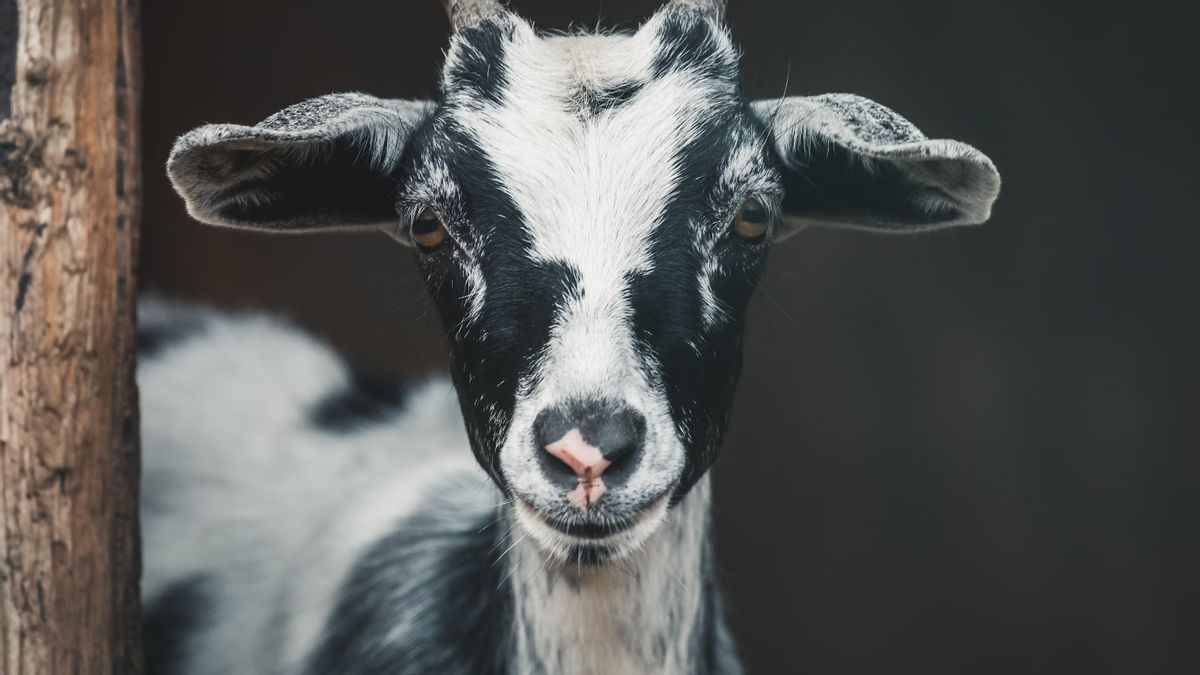JAKARTA - Greece has banned the removal of sheep and goats from farms to try to stem the viral infection known as the "goat outbreak" after new cases were detected over the weekend.
The virus, also known as Peste des Petits Ruminants (PPR), does not infect humans but is highly contagious to goats and sheep and can kill up to 70 percent of those infected.
About 8,000 animals have been destroyed and more than 200,000 tested, mainly in the central Thessaly region, where authorities first detected the outbreak on July 11, "said Georgios Stratakos, senior Ministry of Agriculture official to Reuters, Monday, July 29.
Two more cases were detected on farms in Larissa's central region and in the southern region over the weekend, the agriculture ministry said on Monday.
Tightening security measures across the country is deemed necessary for preventive reasons and aims to limit the spread and eradicate the disease, the ministry said in a statement.
The PPR was first deployed at Ivory Coast in 1942 and has since spread throughout the world.
The United Nations Food and Agriculture Organization estimates that this disease will result in losses of up to 2.1 billion US dollars worldwide every year.
Greece is home to the largest number of goats in Europe, Stratakos said. Their milk, used in a typical Greek feta cheese, is the main economic driver.
SEE ALSO:
Once one case is detected, all livestock herd will be destroyed, the affected farms will be disinfected and authorities will test the animals in the nearest area to find out of the disease, in line with protocols set by the European Union.
Greece continues its epidemiological analysis of these cases and the "likelihood of imports" route to determine the source of the outbreak, the agriculture ministry said.
The English, Chinese, Japanese, Arabic, and French versions are automatically generated by the AI. So there may still be inaccuracies in translating, please always see Indonesian as our main language. (system supported by DigitalSiber.id)


















